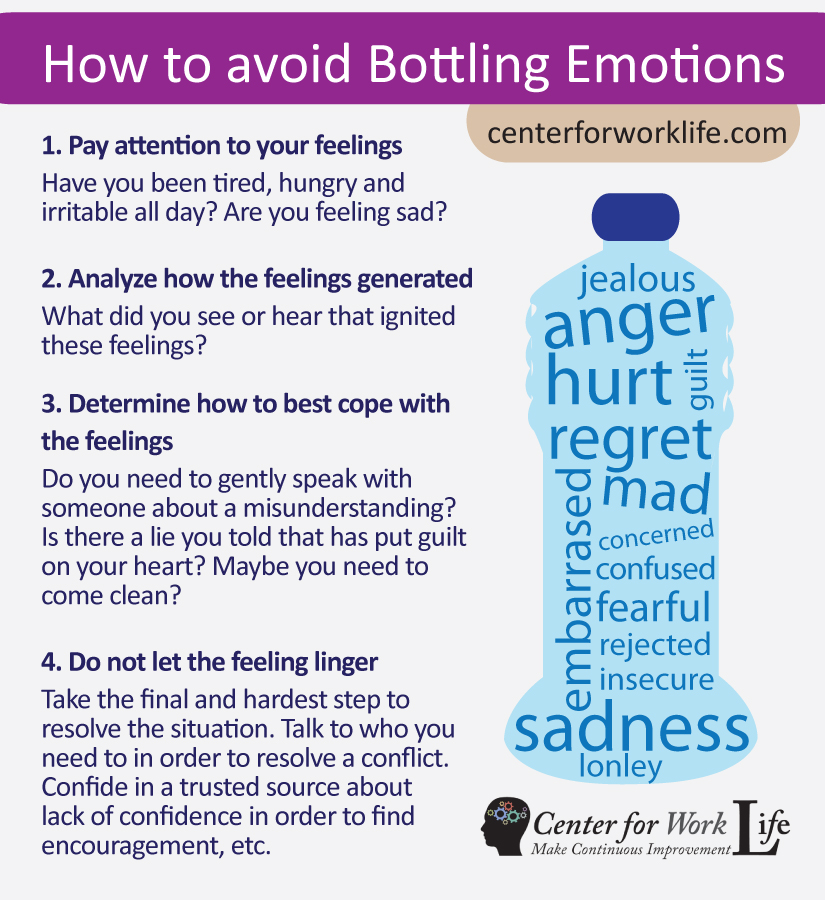In our society, speaking against the crowd or having a change of heart on an important matter is typically greeted with hostility. Sure, we have the legal right to speak our minds, but what are the repercussions? Many of us fall victim to groupthink situations that stem from lack of team building. We later realize our mistakes. Take Jim Carrey’s recent statement that he can no longer support the upcoming film, Kick-Ass 2, which he starred in. He explains the filming finished a month prior to the Sandy Hook incident, and in the wake of the Sandy Hook tragedy, he cannot support the violence in the movie. Surely Carrey was fearful of public back-lash, not to mention frustrated peers involved in the film project. Still, he has taken a difficult step to acknowledge his own feelings on the situation and vocalize his position.
Situations like this present a great opportunity to examine the ramifications of bottling emotions as well as fear of expression. Many times, issues weigh on our minds day to day. We’ve made a choice that we wish we could change. Or we are hurt by the way someone treats us, but haven’t had the courage to say something. There are many things we may have bottled up inside.
Why it is important not to bottle emotions:
- Aggression and Anger
In Suppressed Emotions can lead to Aggression , Rick Nauert PhD mentioned a study conducted by Scientists at the University of Texas at Austin. He describes the study in which participants all watched two violent and disturbing films. Participants who were allowed to show revulsion to the films were far less aggressive than those who weren’t allowed to react. Similarly, employees who experience frustration at work, but don’t work through it, are likelier to yell at their family when they get home. - Loss of Control
No doubt, you like to be in control of your life as much as the next person. The trouble is, in the same way you might neglect your laundry basket until it overflows, people often neglect their feelings until they overflow. This is what causes those situations where someone said something that “they didn’t mean to.” It is better to take the time to process, then calmly express what is on your heart, rather than start a basket of frustrations. It won’t be pretty when the basket overflows and you lose control of yourself. - Health Problems
The article All About Stress, published by Health Education Library for People, describes that habitual burying of emotions typically leads to irritability, sleeping problems, confrontational disposition, anxiety, tension, sadness, physical aches, memory loss and more. Sometimes this behavior is labeled as burnt-out, but often these symptoms are the foundation for harmful stress related disorders such as depression and panic disorders.
Everyone is likely to bottle an emotion now and then. The key is to catch the behavior and improve. Leaders and employees seeking professional training in EQ (Emotional Intelligence) are those who best avoid bottled emotions and are likelier to succeed at work and at home. Overcoming the bottled emotions trap isn’t easy, but here are starter steps to utilize.
How to avoid Bottling Emotions:
Pay attention to your feelings
Have you been tired, hungry and irritable all day? Are you feeling sad?
Analyze how the feelings generated
What did you see or hear that ignited these feelings?
Determine how to best cope with the feelings
Do you need to gently speak with someone about a misunderstanding? Is there a lie you told that has put guilt on your heart? Maybe you need to come clean?
Do not let the feeling linger
Take the final and hardest step to resolve the situation. Talk to who you need to in order to resolve a conflict. Confide in a trusted source about lack of confidence in order to find encouragement, etc.
The list of steps above is easier to process than to execute. Just remember, if Jim Carrey had the courage to speak against violence, even pertaining to his own film, than you can open your bottled emotions too. For that matter, you have the ability to discontinue hiding emotions at all; you just have to throw away the bottle.






